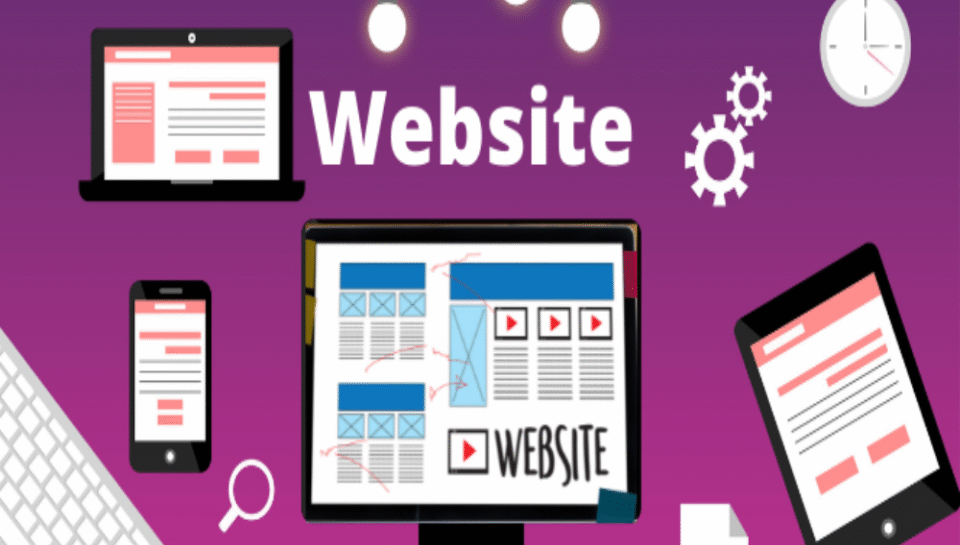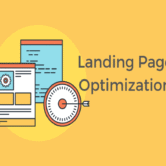
How does website integration with social media help SMO?
1. Expands Content Reach and Shareability
- Embedded social share buttons make it easy for visitors to distribute blog posts, case studies, or product pages
- Encourages organic sharing of technical content like whitepapers, tool comparisons, or tutorials
- Share widgets increase referral traffic from platforms like LinkedIn, Twitter (X), and Facebook
- Boosts social signals (likes, shares, comments), which enhance content authority
- Increases the likelihood of third-party mentions and backlinks
2. Enhances Cross-Platform Engagement
- Follow buttons and embedded social feeds (e.g., LinkedIn posts, YouTube playlists) drive traffic from your website to active channels
- Promotes real-time interaction through embedded comment plugins or discussion threads
- Helps convert passive site visitors into active social community members
- Provides multiple touchpoints for users to connect, follow, or message your team
- Builds consistent audience engagement across different stages of the buyer journey
3. Supports Conversion Through Social Proof
- Displaying user reviews, testimonials, or customer comments from social media boosts credibility
- Highlights social engagement metrics (e.g., follower counts, shares) to establish brand authority
- Enhances trust among B2B clients by showcasing interactions with other industry players
- Encourages sign-ups, demo requests, or downloads by reinforcing brand activity and traction
- Especially useful for showcasing real-world use cases or client success stories
4. Improves SEO and On-Page Engagement
- Increased social traffic to the website supports better SEO performance through reduced bounce rates and longer session times
- Social signals generated via integrated content may indirectly influence search rankings
- Dynamic content from social feeds keeps web pages updated and engaging
- Helps distribute newly published content to indexing bots more rapidly via traffic from social links
- Strengthens internal link strategy by tying blog posts to relevant social discussions
5. Enables Comprehensive Analytics and Optimization
- Allows tracking of social-driven user journeys using tools like Google Analytics, HubSpot, or custom dashboards
- Helps identify which social platforms are most effective in driving conversions or engagement
- Informs content decisions based on traffic sources and user behavior
- Supports retargeting by linking social media pixels (e.g., Meta, LinkedIn Insight Tag) to website activity
- Offers insight into how visitors interact with social widgets, feeds, and content paths





